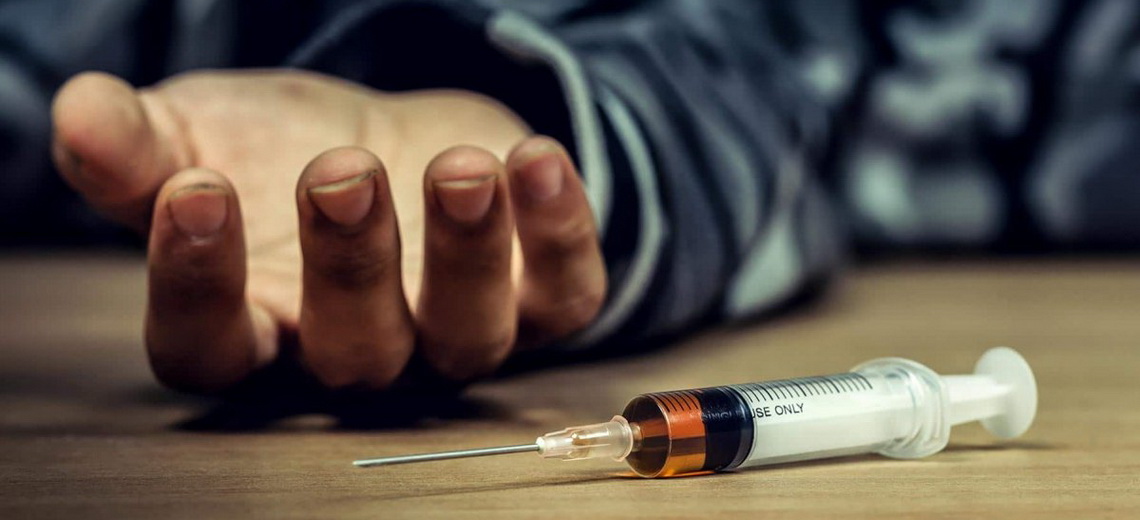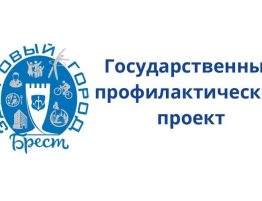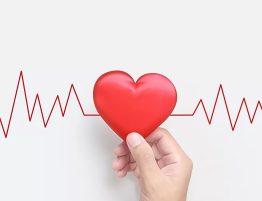
Today, state and social institutions around the world consider the non-medical use of drugs as a great evil, which they are trying to limit in every possible way, including legislation and with the help of law enforcement agencies.
There are several reasons for general concern.
Firstly, drug addiction extremely actively contributes to the degradation of the individual and the destruction of the body, and this, ultimately, is not only the business of the drug addict himself, who lives among people and often becomes a source of serious danger to others. In many cases, a person with drug addiction, unfortunately, becomes immoral, cynical and cruel. Who would want a drug addict studying in his child’s class or living in the next apartment? But first of all, such a person is a huge grief for all his loved ones who are losing their son or daughter, husband or father before their eyes.
Secondly, drug addiction is the direct cause of a huge number of different crimes, including serious ones. According to scientific research, about 2/3 of juvenile drug addicts become criminals. This is due to the fact that, due to their irresistible craving for drugs, they do not stop before committing crimes (most often thefts) in order to get the next dose or the means to purchase it.
Thirdly, drug addiction in general threatens the physical and moral health of the nation. This includes the genetic degeneration of generations, and the close connection of drug addiction with the problems of AIDS, hepatitis, other serious diseases, homosexuality, and prostitution. There is a whole “bouquet” of various social problems here.
Fourth, a person in a state of drug intoxication inadequately reflects reality and cannot fully (or even completely) control his actions. The critical assessment of the situation disappears, the sense of risk is dulled, and coordination of movements is disrupted. And imagine such a person, for example, driving a vehicle or holding a military weapon in his hands.
Fifthly, this is, so to speak, the “social contagion” of drug addiction. According to a number of scientific studies, each drug addict is capable of involving 12-17 people in drug use. And, what is especially important, many drug addicts are objectively interested in involving as many new people as possible into drug networks.
Such is the diverse and multifaceted nature of the manifestations of drug addiction and the social problems it generates, putting this phenomenon on a par with the most dangerous ailments of humanity.
What does the criminal code of the Republic of Belarus say regarding drug trafficking?
Illegal without the purpose of sale production, processing, acquisition, storage, transportation or transfer of narcotic drugs, psychotropic substances or their precursors is punishable by restriction of liberty for a term of up to five years or imprisonment for a period of two to five years.
If such acts are committed for the purpose of sale, then in this case the punishment is imprisonment for a term of five to eight years with a fine or without a fine.
If these actions are committed by a group of persons, or by an official using his powers, or by a person who has previously committed such a crime, as well as for the purpose of sales on the territory of the institution education, health care organization, at the venue of a mass event, or known to be a minor, then in this case faces a penalty of imprisonment for a term of eight to fifteen years with a fine or without a fine.
When the above actions resulted in the death of a person as a result of the consumption of narcotic drugs, psychotropic substances or their analogues, the punishment is provided in the form of imprisonment for a term of 12 to 25 years with confiscation or without confiscation.
Administration of the Moskovsky district of Brest.








